Description
Introducing the book The Wall by Jean-Paul Sartre
The collection of short stories “The Wall”, a valuable treasure trove of authors from France, Germany, Austria, etc., which has been translated and collected by Sadegh Hedayat in the dark days of the early fourteenth century. This work is a bridge between Persian literature and world literature, which after the publication had a tremendous impact on the writers and writers of that time.

About the wall book
The book “The Wall” is a collection of seven short stories by world famous and masterpieces selected and translated by “Sadegh Hedayat”. The first short story in this work, entitled “The Wall”, is written by Jean-Paul Sartre, a French philosopher, existentialist, and novelist who lived in the twentieth century.
This author has inherited valuable works from himself in the fields of philosophy and literature and is one of the most influential literary figures in France. “Sadegh Hedayat” introduced this author to Persian-speaking readers by translating the short story “The Wall” with the English title The Wall in 1324.
This story is about a prisoner sentenced to death who is in the last moments of his life. The meaning of life for this prisoner changes and he decides to hand over the soldiers and interrogators before his death, which leads to something far-fetched.
The short stories “Before the Law” and “The Jackal and the Arabs” are other short stories in this book written by Franz Kafka, one of the greatest German-language writers. This author is the master of creating masterpiece stories in an irrational and surreal atmosphere in which there are signs of despair and emptiness.
“Before the Law” was written by this author in 1914 and is about a rural man who stands against the law. This story is the life story of the people of societies who obey every law and obligation and do not try to change their lives.
“The Old Crow” is the fourth story in the book, written by Norwegian author Alexander Langekland. This story is the story of old people’s anger and hatred for life, which they feel in the last years of their lives due to lack of youthful enthusiasm.
“The Thorny Raspberry” The fifth story in this book is written by Anton Chekhov, a prominent Russian physician, novelist, and satirist who has inherited more than a hundred works. This author has earned the title of the most important short story writer of all time;
He has created lasting and thought-provoking dialogues in a real space without further description and development. The story of the “thorny raspberry” from him is related to the time when there were peasants and lords in Russia and the aristocracy ruled the agricultural lands. In this work, this author has criticized the prosperous community of masters.
“Abyssinian Swamp” is the sixth story in the collection of short stories “The Wall” by Gaston Cherou, a French writer and journalist. This story was translated into Persian by Sadegh Hedayat in 1310, which is about the nature and law of the struggle for survival.
“Blind Geronimo and his Brother” The final story in this series is by Arthur Schnitzler, a nineteenth-century Austrian novelist and playwright, published in 1902.
Translation of Divar book into Persian
The collection of short stories “Wall” has been published by Majid Publications with the translation of “Sadegh Hedayat” in 2003. “Sadegh Hedayat”, a famous Iranian writer and translator born in Bahman 1381, is one of the most influential intellectual and current figures in Iran in the last century.
He is one of the pioneers of modern Iranian fiction who has left remarkable works of his own. He lived for a time in France and India and was one of the narrators of the social and political unrest of his time. His most important works are “The Benefits of Vegetarianism”, “Three Drops of Blood”, “Sahab’s Humor” and “The Blind Owl”.
In a part of the wall book, we read:
I was both tired and excited and did not want to think about the events of dawn and death anymore. I only came across words or emptiness and no connection was found in my mind; But as soon as I wanted to think of something else, the barrels of the gun reached out to me.
I held my execution twenty times in a row, and suddenly I thought it had happened and I fell asleep for a second.
They dragged me against the wall; I struggled and apologized. I woke up and looked at Belgium, I was afraid I would scream in my sleep;
But he was twisting his mustache, nothing had caught him. If I had to think I could sleep for a moment, it would have been forty-eight hours since I woke up and regained consciousness; But I did not want to lose two hours of life.
They woke me up at dawn and I followed them in my sleep and screamed without having a chance to say “off”; I did not like this. I did not want to die like an animal, I wanted my intelligence to be in place. In addition, I was afraid of nightmares. I got up, walked long and wide, and thought about the events of my past life to change my mind.
A handful of relics appeared in front of my eyes. Good and bad memories were together, or I was more accustomed to calling them that; There were faces and events in it. I remembered the look of a young man whose belly was torn on a battlefield in Valence on the day of the celebration.
I remembered the look of one of my uncles and the look of Ramon Gray. I was reminded of how I was unemployed for three months in 1926 and was about to starve to death.
I remember spending the night on a bench in Granada. I had not eaten for three days, I was angry and did not want to die. I smiled at this. With what perseverance I pursued happiness, pursued women, and pursued freedom.
What was it for? I wanted to save a Spaniard, I admired Pei Margal, I joined the rebel movement and I spoke in public, I took all these issues seriously. Motel that I will be alive forever.
1- Introducing the book The Wall on YouTube
2- Introducing the book in Aparat

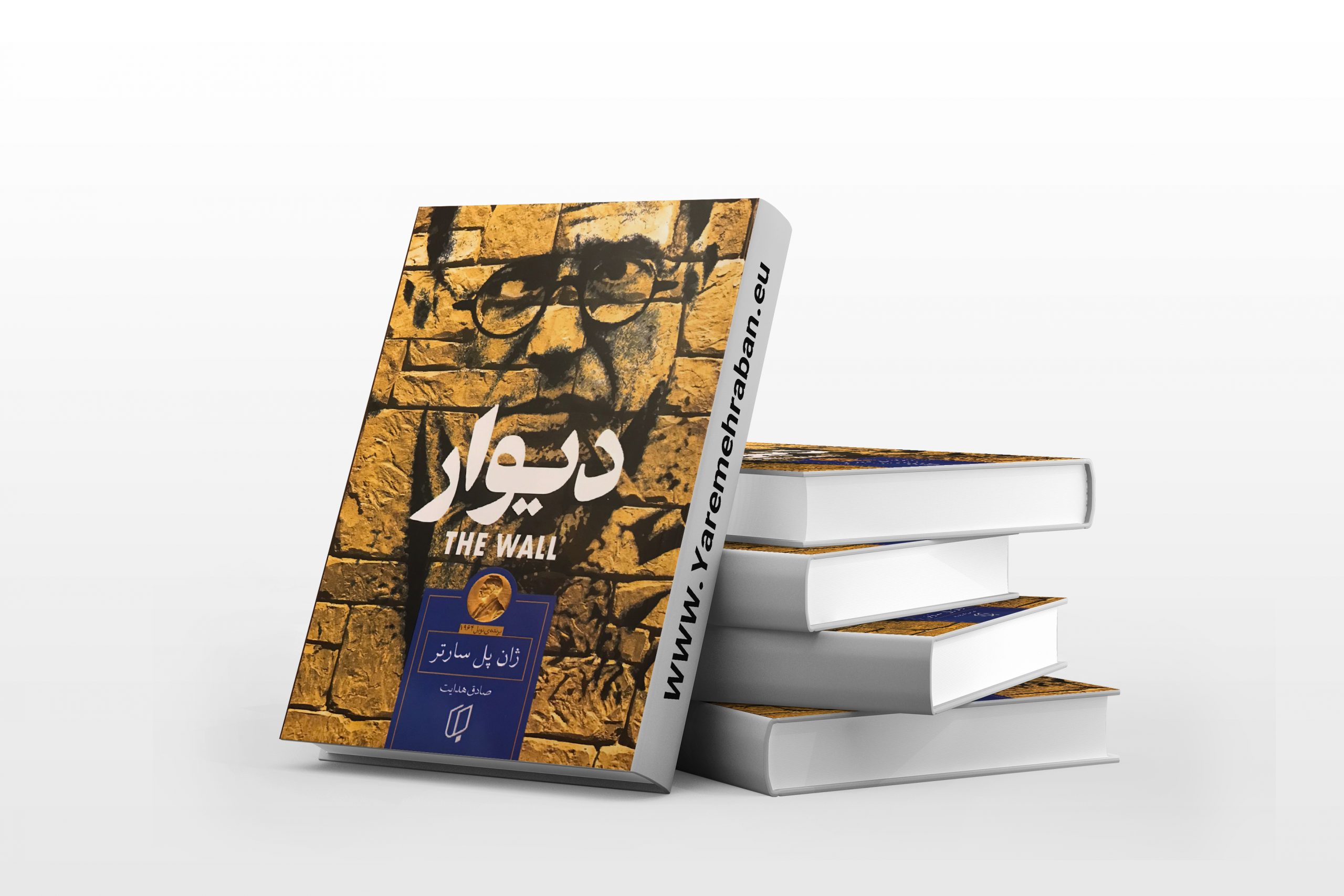

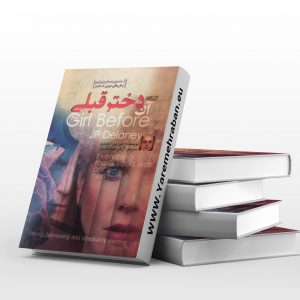
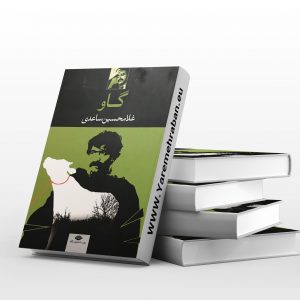
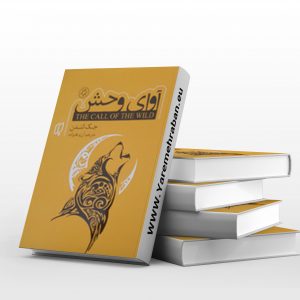
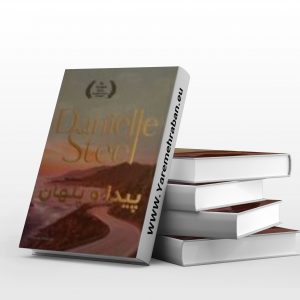
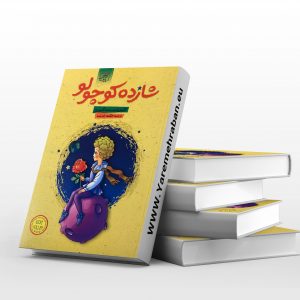

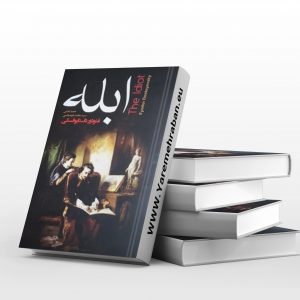
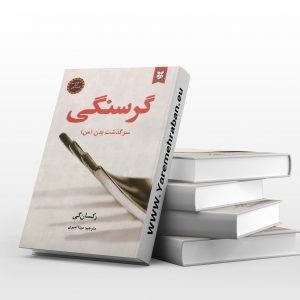
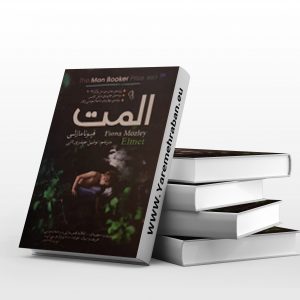
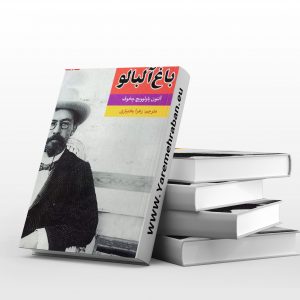
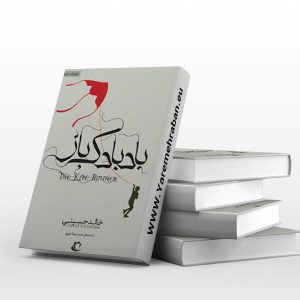
Reviews
There are no reviews yet.